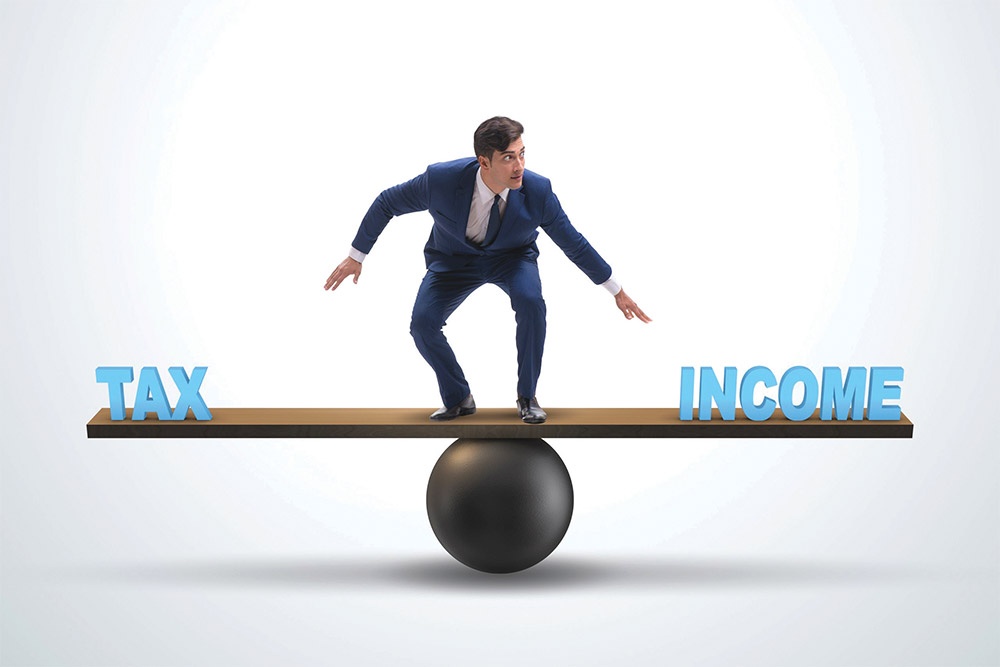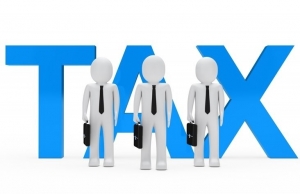Amendments outlined for VAT refund eligibility matter
 |
| The proposals empower the Ministry of Finance to specify tax refund conditions, among other areas, Source: Shutterstock |
One notable addition introduced by the amended draft is the stipulation that business establishments engaged in goods production and service provision will be subject to a 5 per cent VAT rate if they possess unreduced input VAT exceeding $12,200 after a period of 12 months. Such entities meeting this criterion are eligible for a VAT refund.
The draft outlines criteria for VAT refund eligibility concerning projects, specifying that projects falling within the ambit of investment law, including approved projects divided into multiple phases or items (excluding those not forming fixed assets), qualify for VAT refund during the investment phase.
Furthermore, the amended draft eliminates the provision denying VAT refund for ventures of business establishments failing to contribute the full registered charter capital and explicitly states that VAT refund will not be granted for projects of businesses with conditional investment and business lines if the requisite conditions are unmet, aiming to preclude implementation issues.
An additional provision addresses VAT refund eligibility for oil and gas exploration and development projects, aligning with the stable regulations articulated in Decree No.49/2022/ND-CP.
Le Thi Duyen Hai, director of the Department of Tax Declaration and Accounting at the General Department of Taxation (GDT) said, “In the first half of 2023, VAT refunds encountered many problems, especially tax refund for exported wood and rubber products, but towards the end of the year, these obstacles have gradually been removed.”
Addressing businesses’ concerns in the latter half of 2023 about delays in receiving tax refunds, Hai acknowledged the concerns while believing these instances are minimal and often have valid reasons.
“The evolving nature of fraud tactics poses increasing complexities, demanding vigilant efforts to combat fraudulent activities. Despite the goal of ensuring quick and timely refunds, the tax industry remains dedicated to adhering to regulations, safeguarding state budget funds, and diligently preventing and detecting tax refund fraud. Delays are not deliberate but rooted in a commitment to thorough processing,” she added.
To streamline and enhance the VAT refund process, the amended draft removes the restriction on VAT non-refunds for goods imported and subsequently exported, as well as for cases involving tax refund in advance subject to later inspection. It also introduces principles for determining input VAT on exported goods and services eligible for refund, in accordance with established regulations found in sub-law documents.
The amended draft also eliminates regulations concerning VAT refund in instances of business changes, mergers, or terminations. It delineates clear responsibilities for tax authorities and taxpayers in the VAT refund process, highlighting the authority’s duty to validate refund documents and the taxpayer’s responsibility for accuracy.
Additionally, the draft empowers the finance ministry to specify tax refund conditions in line with existing sub-law documents, enhancing the legislative framework’s clarity and solidity.
Hai of the GDT acknowledges that ensuring accurate, complete, and prompt processing is crucial.
“To achieve this, focus must be on amending legal regulations related to VAT, tax management, and electronic invoices to limit fraud, including schemes involving illegitimate businesses,” Hai explained. “Additionally, a robust implementation of IT is recommended to automate and digitise the tax refund process, ensuring transparency, law compliance, and fraud prevention, while maintaining strict control over VAT refund expenditures.”
| In 2023, tax authorities issued approximately 20,000 VAT refund decisions, totalling almost $6.2 billion, marking a 100 per cent increase over the figures recorded in 2022. VAT refunds for exported goods experienced a 4 per cent decline compared to the previous year, primarily attributed to the 4.4 per cent reduction in the export turnover of goods. The upswing in the total VAT refund amount for the preceding year was mostly propelled by a substantial increase in refunds for ventures within conditional business lines, registering a notable 45 per cent uptick. This positive trend can be attributed to the facilitative measures introduced by Decree 49. The decree successfully alleviated challenges and impediments associated with tax refunds for projects in conditional business lines, with a particular emphasis on projects in the electricity sector. |
 | Playing field could be balanced with VAT exemptions The Ministry of Finance is recommending the exclusion of several specific goods and services from the scope of VAT exemption. |
What the stars mean:
★ Poor ★ ★ Promising ★★★ Good ★★★★ Very good ★★★★★ Exceptional
 Tag:
Tag:
Related Contents
Latest News
More News
- Banking sector targets double-digit growth (February 23, 2026 | 09:00)
- Private capital funds as cornerstone of IFC plans (February 20, 2026 | 14:38)
- Priorities for building credibility and momentum within Vietnamese IFCs (February 20, 2026 | 14:29)
- How Hong Kong can bridge critical financial centre gaps (February 20, 2026 | 14:22)
- All global experiences useful for Vietnam’s international financial hub (February 20, 2026 | 14:16)
- Raised ties reaffirm strategic trust (February 20, 2026 | 14:06)
- Sustained growth can translate into income gains (February 19, 2026 | 18:55)
- The vision to maintain a stable monetary policy (February 19, 2026 | 08:50)
- Banking sector faces data governance hurdles in AI transition (February 19, 2026 | 08:00)
- AI leading to shift in banking roles (February 18, 2026 | 19:54)





















 Mobile Version
Mobile Version